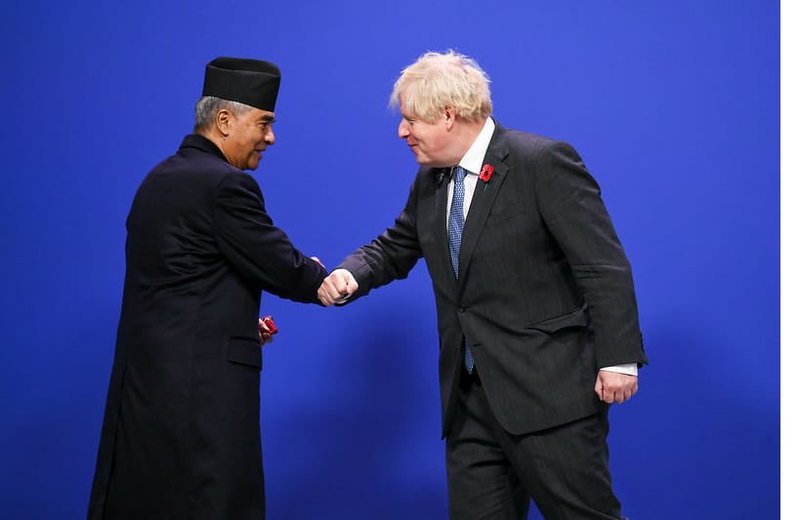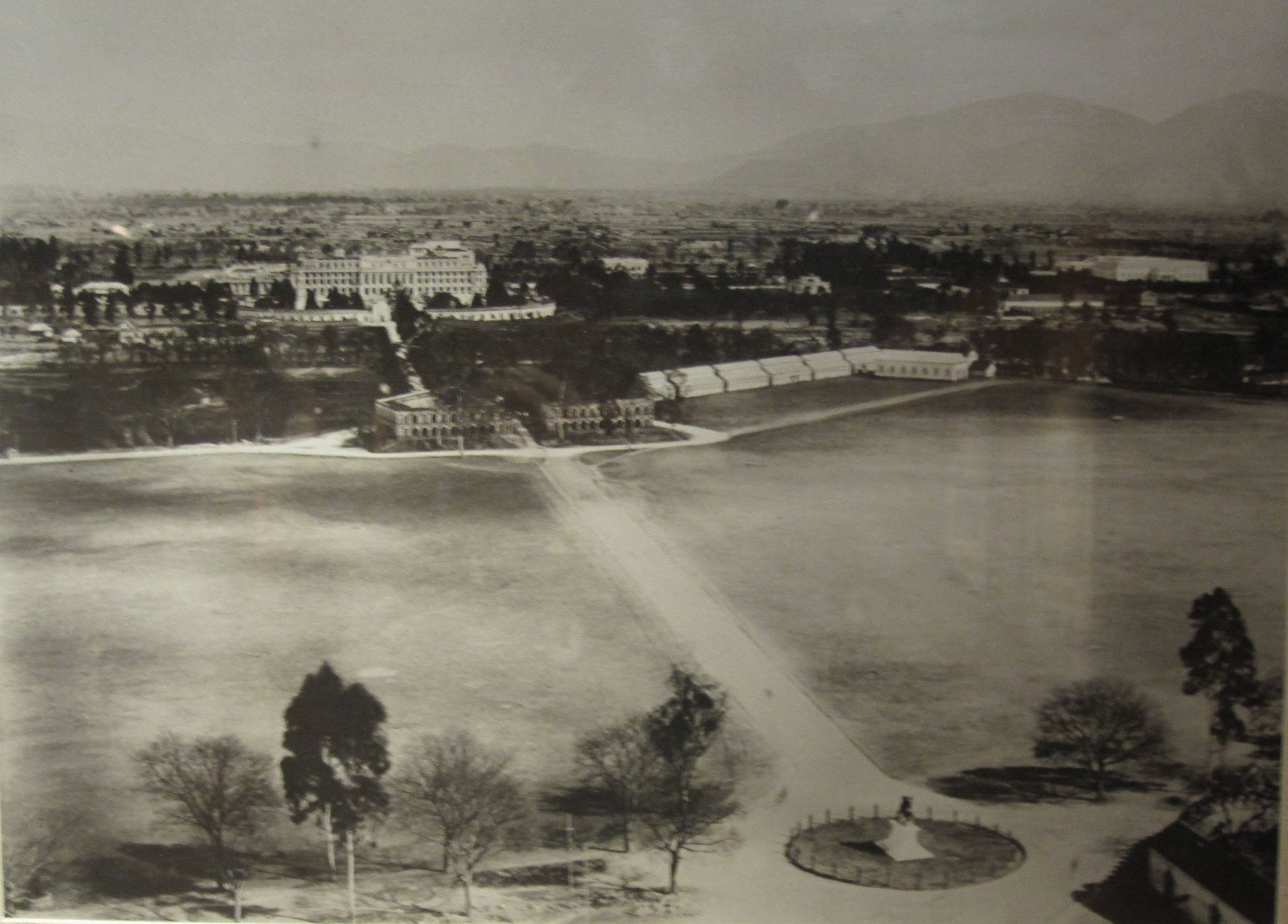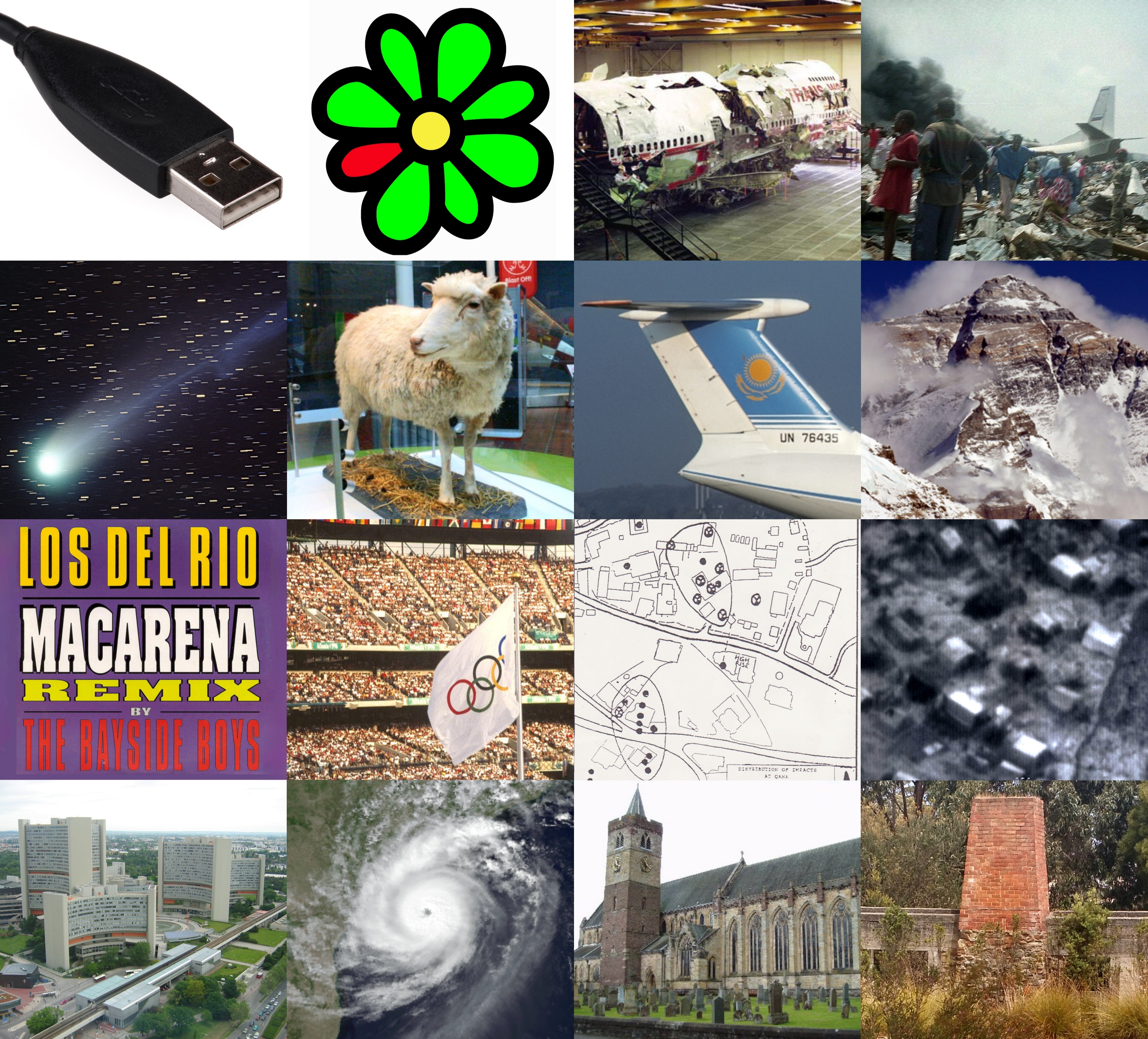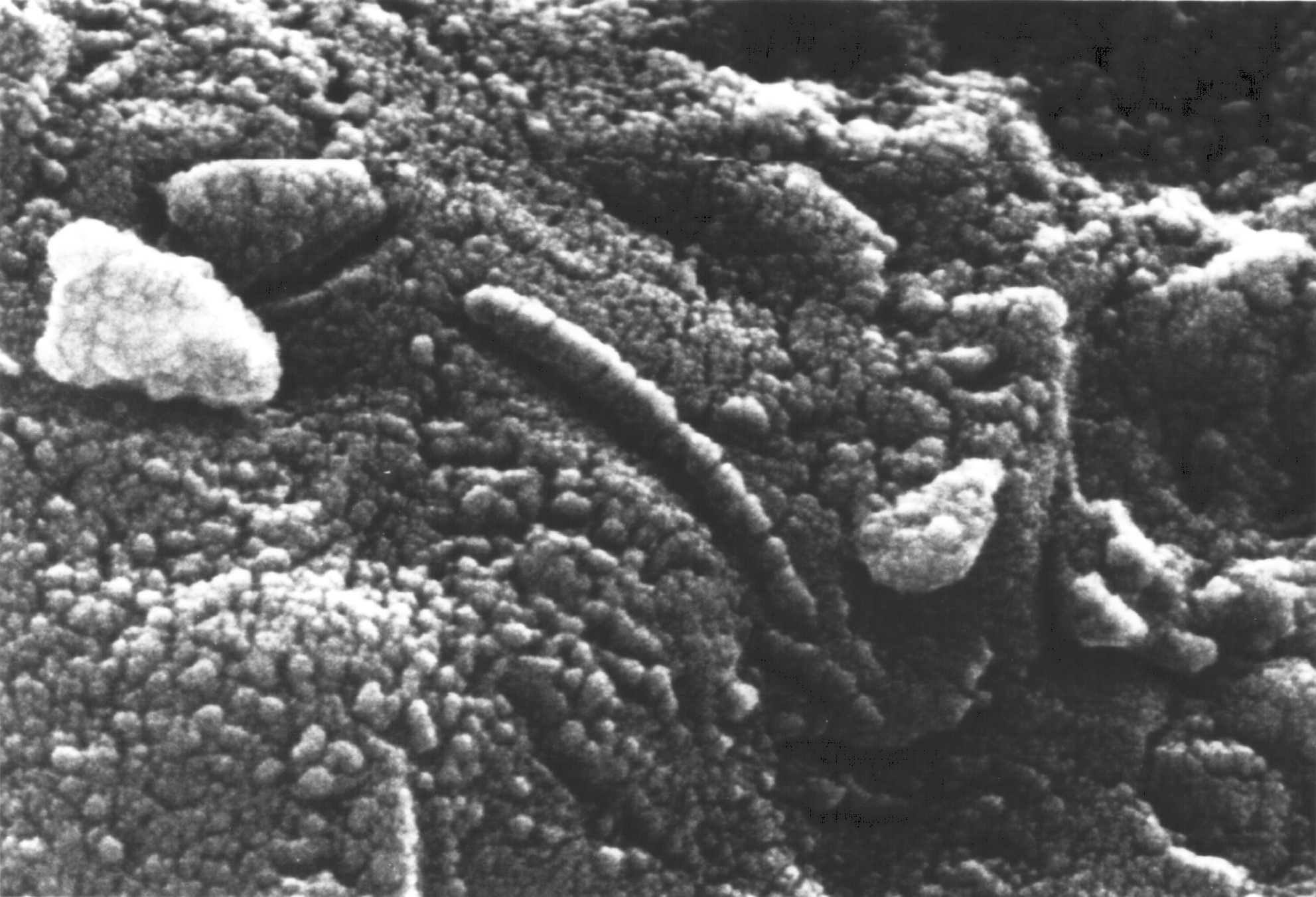|
40-Point Demands
40-Point Demands () were given to Nepalese Prime Minister Sher Bahadur Deuba by Baburam Bhattarai on 4 February 1996 in Singha Durbar. Bhattarai said that if the demands were not met by 17 February, he would launch a war against the government. As their demands were not met, subsequently, they launched the Nepalese Civil War The Nepalese Civil War was a protracted armed conflict that took place in the then Kingdom of Nepal from 1996 to 2006. It saw countrywide fighting between the Kingdom rulers and the Communist Party of Nepal (Maoist), with the latter making ... on 13 February. References External links List of 40 demands 1996 in Nepal Politics of the Nepalese Civil War 1996 in politics Ultimata February 1996 in Asia {{Nepal-hist-stub ... [...More Info...] [...Related Items...] OR: [Wikipedia] [Google] [Baidu] |
Nepal
Nepal, officially the Federal Democratic Republic of Nepal, is a landlocked country in South Asia. It is mainly situated in the Himalayas, but also includes parts of the Indo-Gangetic Plain. It borders the Tibet Autonomous Region of China China–Nepal border, to the north, and India India–Nepal border, to the south, east, and west, while it is narrowly separated from Bangladesh by the Siliguri Corridor, and from Bhutan by the States and union territories of India, Indian state of Sikkim. Nepal has a Geography of Nepal, diverse geography, including Terai, fertile plains, subalpine forested hills, and eight of the world's ten List of highest mountains#List, tallest mountains, including Mount Everest, the highest point on Earth. Kathmandu is the nation's capital and List of cities in Nepal, its largest city. Nepal is a multi-ethnic, multi-lingual, multi-religious, and multi-cultural state, with Nepali language, Nepali as the official language. The name "Nepal" is first record ... [...More Info...] [...Related Items...] OR: [Wikipedia] [Google] [Baidu] |
Sher Bahadur Deuba
Sher Bahadur Deuba (, ; born 13 June 1946, Ashigram, Kingdom of Nepal) is a Nepali politician and former prime minister of Nepal. He has also been serving as the president of the Nepali Congress since 2016. Deuba has served five terms as prime minister (1995–1997, 2001–2002, 2004–2005, 2017–2018 and 2021–2022) and is the House of Representatives (Nepal), Member of Parliament for the parliamentary constituency of Dadeldhura 1 (constituency), Dadeldhura 1. Born and raised in Ashigram, a remote village in Dadeldhura District, Dadeldhura, Deuba completed his primary education there and his secondary education in Doti District, Doti. He completed his higher education at Tri-Chandra College In 1991, he was elected to the House of Representatives (Nepal), House of Representatives and served as the Ministry of Home Affairs (Nepal), Minister of Home Affairs in the cabinet led by Girija Prasad Koirala. Deuba became prime minister after Man Mohan Adhikari, Manmohan Adhikari tried ... [...More Info...] [...Related Items...] OR: [Wikipedia] [Google] [Baidu] |
Baburam Bhattarai
Baburam Bhattarai (, ; born 18 June 1954), also known by his nom de guerre Laaldhwoj, is a Nepalese politician, architect and former Prime Minister of Nepal, Prime Minister who presently serves as leader of the Nepal Socialist Party. Bhattarai was a long-time leading member and deputy chairman of the Unified Communist Party of Nepal (Maoist) prior to founding a new party, Naya Shakti Party, Nepal. He subsequently embraced democratic socialism. Political career In 1996, the Maoists started the Nepalese Civil War, which had a huge impact on the political system in Nepal. The decade-long civil war, in which more than 17,000 Nepalese died, had a major role in the transformation of Nepal from a monarchy into a republic. Bhattarai was 2008 Nepalese Constituent Assembly election, elected to the Constituent Assembly from Gorkha 1 (constituency), Gorkha 1 as a Maoist candidate in 2008 and became Minister of Finance in the cabinet formed after the election. Bhattarai became Prime Mini ... [...More Info...] [...Related Items...] OR: [Wikipedia] [Google] [Baidu] |
Singha Durbar
Singha Durbar () is a palace in Kathmandu, the capital of Nepal. The palace complex lies in the centre of Kathmandu, to the north of Babar Mahal and Thapathali Durbar and east of Bhadrakali Temple (Kathmandu), Bhadrakali Temple. This palace was built by Chandra Shumsher JBR in June 1908. The palace used to be one of the most exquisite and lavish of palaces in the world until the 1950s. Today it houses buildings of the Government of Nepal, Nepali Government, including the Pratinidhi Sabha, the Rastriya Sabha and several ministries. History Singha Durbar was built by Chandra Shumsher JBR immediately after his accession to the post of Prime Minister. It was initially a small private residence but grew bigger during construction. Immediately after construction, Chandra Shumsher JBR sold this property to the Government of Nepal for 20 million Nepali rupees as the official residence of the Prime Minister. After his death in 1929, it was used as the official residence of prime minist ... [...More Info...] [...Related Items...] OR: [Wikipedia] [Google] [Baidu] |
Nepali Times
''Nepali Times'' (stylized as NEPALI Times) is an English weekly newspaper that provides reporting and commentary on Nepali politics, business, culture, travel and society in 16 pages. The weekly is aimed at the expatriate, diplomatic and business communities in Kathmandu Kathmandu () is the capital and largest city of Nepal, situated in the central part of the country within the Kathmandu Valley. As per the 2021 Nepal census, it has a population of 845,767 residing in 105,649 households, with approximately 4 mi ..., and through the internet for the Nepali diaspora. It is published by Himalmedia (pl), which also publishes '' Himal Khabarpatrika''. ''Nepali Times'' appears every Friday morning in hardcopy with augmented multimedia content on its website. Since its founding in 2000, the weekly has been edited and published by Kunda Dixit, who also wrote the long-running and popular Under My Hat satirical columns from 2000-2006. See also * '' Himal Khabarpatrika'' Reference ... [...More Info...] [...Related Items...] OR: [Wikipedia] [Google] [Baidu] |
Nepalese Civil War
The Nepalese Civil War was a protracted armed conflict that took place in the then Kingdom of Nepal from 1996 to 2006. It saw countrywide fighting between the Kingdom rulers and the Communist Party of Nepal (Maoist), with the latter making significant use of guerrilla warfare. The conflict began on 13 February 1996, when the CPN (Maoist) initiated an insurgency with the stated purpose of overthrowing the Nepali monarchy and establishing a people's republic; it ended with the signing of the Comprehensive Peace Accord on 21 November 2006. The civil war was characterized by numerous war crimes and crimes against humanity, including summary executions, massacres, purges, kidnappings, and mass rapes. It resulted in the deaths of over 17,000 people, including civilians, insurgents, and army and police personnel; and the internal displacement of hundreds of thousands of people, mostly throughout rural Nepal. The Truth and Reconciliation Commission has received about 63,000 compla ... [...More Info...] [...Related Items...] OR: [Wikipedia] [Google] [Baidu] |
1996 In Nepal
1996 was designated as: * International Year for the Eradication of Poverty Events January * January 8 – A Zairean cargo plane 1996 Air Africa crash, crashes into a crowded market in the center of the capital city of the Democratic Republic of the Congo, Kinshasa, killing around 300 people. * January 9–January 20, 20 – Serious fighting breaks out between Russian soldiers and rebel fighters in Chechnya. * January 11 – Ryutaro Hashimoto, leader of the Liberal Democratic Party (Japan), Liberal Democratic Party, becomes Prime Minister of Japan. * January 13 – Prime Minister of Italy, Italy's Prime Minister, Lamberto Dini, resigns after the failure of all-party talks to confirm him. New talks are initiated by President Oscar Luigi Scalfaro to form a new government. * January 14 – Jorge Sampaio is elected President of Portugal. * January 16 – President of Sierra Leone Valentine Strasser is deposed by the chief of defence, Julius Maada Bio. B ... [...More Info...] [...Related Items...] OR: [Wikipedia] [Google] [Baidu] |
Politics Of The Nepalese Civil War
Politics () is the set of activities that are associated with decision-making, making decisions in social group, groups, or other forms of power (social and political), power relations among individuals, such as the distribution of Social status, status or resources. The branch of social science that studies politics and government is referred to as political science. Politics may be used positively in the context of a "political solution" which is compromising and non-violent, or descriptively as "the art or science of government", but the word often also carries a negative connotation.. The concept has been defined in various ways, and different approaches have fundamentally differing views on whether it should be used extensively or in a limited way, empirically or normatively, and on whether conflict or co-operation is more essential to it. A variety of methods are deployed in politics, which include promoting one's own political views among people, negotiation with other ... [...More Info...] [...Related Items...] OR: [Wikipedia] [Google] [Baidu] |
1996 In Politics
1996 was designated as: * International Year for the Eradication of Poverty Events January * January 8 – A Zairean cargo plane crashes into a crowded market in the center of the capital city of the Democratic Republic of the Congo, Kinshasa, killing around 300 people. * January 9– 20 – Serious fighting breaks out between Russian soldiers and rebel fighters in Chechnya. * January 11 – Ryutaro Hashimoto, leader of the Liberal Democratic Party, becomes Prime Minister of Japan. * January 13 – Italy's Prime Minister, Lamberto Dini, resigns after the failure of all-party talks to confirm him. New talks are initiated by President Oscar Luigi Scalfaro to form a new government. * January 14 – Jorge Sampaio is elected President of Portugal. * January 16 – President of Sierra Leone Valentine Strasser is deposed by the chief of defence, Julius Maada Bio. Bio promises to restore power following elections scheduled for February. * January 19 ** Th ... [...More Info...] [...Related Items...] OR: [Wikipedia] [Google] [Baidu] |
Ultimata
An ; ; : ultimata or ultimatums) is a demand whose fulfillment is requested in a specified period of time and which is backed up by a threat to be followed through in case of noncompliance (open loop). An ultimatum is generally the final demand in a series of requests. As such, the time allotted is usually short, and the request is understood not to be open to further negotiation. The threat which backs up the ultimatum can vary depending on the demand in question and on the other circumstances. The word is used in diplomacy to signify the final terms submitted by one of the parties in negotiation for settlement of any subject of disagreement. It is accompanied by an intimation as to how refusal will be regarded. English diplomacy has devised the adroit reservation that refusal will be regarded as an "unfriendly act", a phrase which serves as a warning that the consequences of the rupture of negotiations will be considered from the point of view of forcing a settlement. This o ... [...More Info...] [...Related Items...] OR: [Wikipedia] [Google] [Baidu] |






